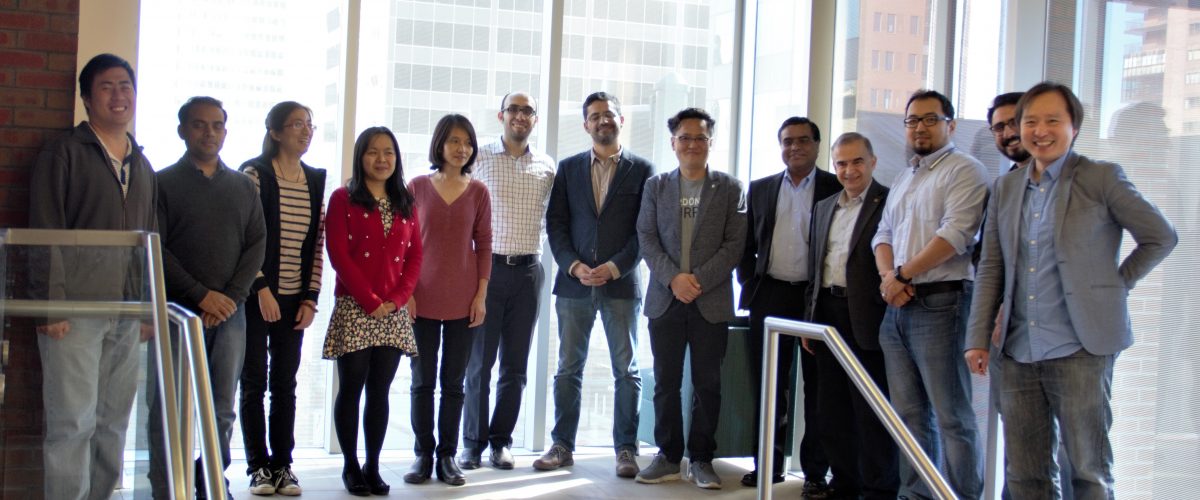
Launched in 2002, the CU Denver Business School Computer Science Information Systems (CSIS) doctoral program is a combined initiative with the College of Engineering and Applied Science’s Computer Science and Engineering department and the Business School’s Information Systems program. The goal of the program is to provide next generation thought leaders to the global workforce, whether that be in the business community or academia.
A new CSIS co-director with a new vision
The program has continued success by placing CSIS doctoral graduates in both industry and academic careers. The program’s strength lies in producing graduates who are passionate, determined to manage complex problems, and able to find entrepreneurial solutions.
Because of major changes in the business community since the inception of the CSIS program, Rohan Christie-David, PhD and dean of the Business School, set out to reorganize the program to meet the needs of today’s market. As a part of the redesign, Christie-David appointed Jiban Khuntia, PhD, assistant professor of Information Systems, as the new co-director of the program.
Khuntia has big plans to produce strong, critical, and relevant research from students. “A lot of work has gone into this redesign to make us more marketable, more visible, and to stand out because of the rigor and relevance of the program,” Khuntia explained.
Starting research sooner
One major change will be integrating technology throughout the program such that students can recognize where they are in the doctoral program. Khuntia hopes that using technology to track the research progress will provide doctoral students with immediate feedback by their mentors and avoid unnecessary delays.
To support this mission, Khuntia plans to build stronger faculty-student relationships earlier on in the program. Faculty members are expected to provide focused guidance by setting deadlines and expectations to ensure students are on track for success.
More publications by graduation
Statistics show fifth-year students have a more difficult time finding a job. The program addresses this challenge by setting a standard for all fourth-year students to have publications under review by graduation. These submissions will make their job applications more competitive and students will start their degree with the mindset of producing quality research ready for publication.
“By the time graduates are in the job market at the end of their fourth year, they will have papers submitted to journals in the second round of review.” Khuntia said.
With these changes, the program’s graduates will continue building on the Business School’s mission of producing relevant and critical research for both the business community and academia.


